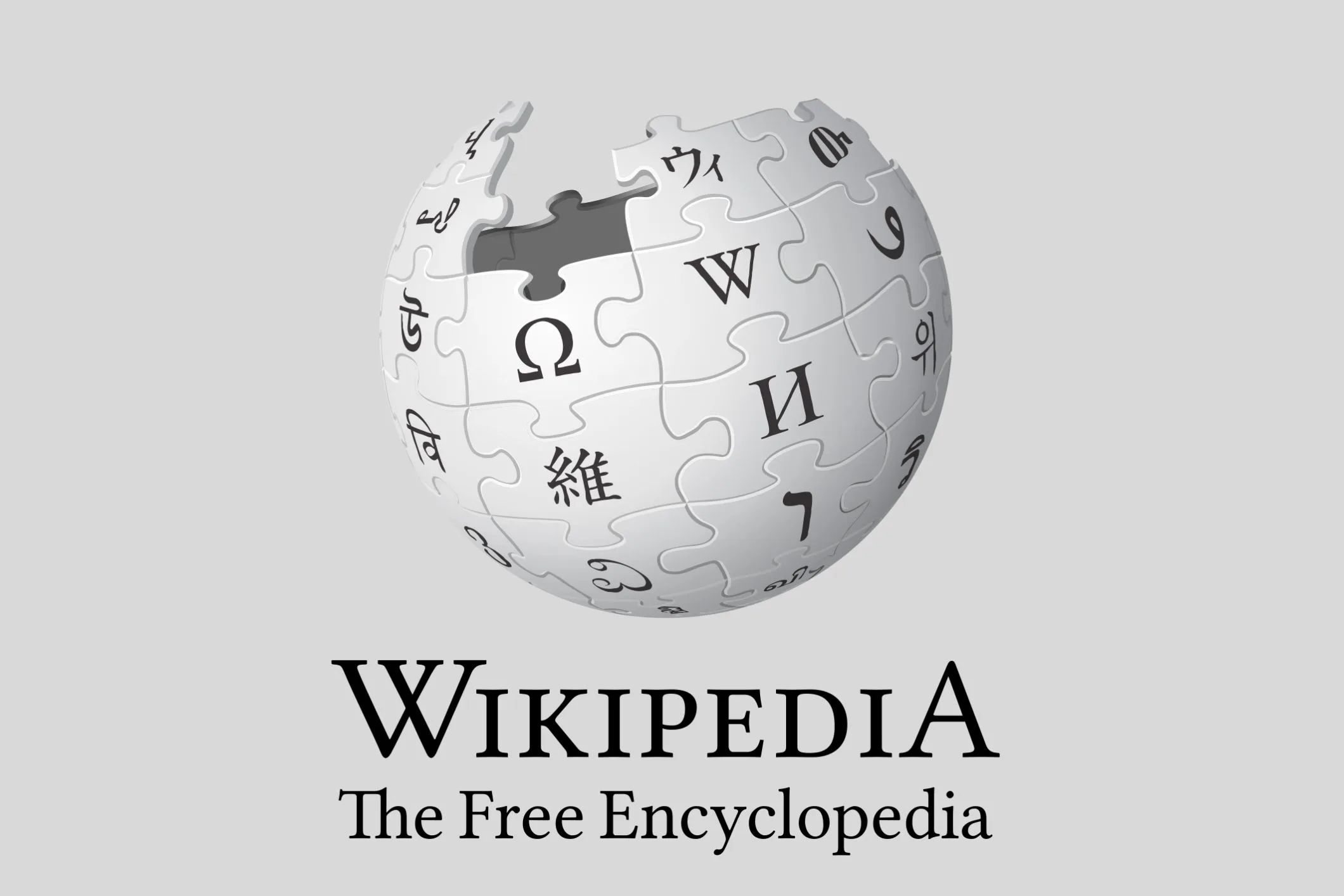
Pakistan’s telecommunications regulator said on Wednesday that Wikipedia’s services would be slowed down for 48 hours across the country. It said this was because Wikipedia had not blocked or removed “blasphemous content” from its site.
Pakistan is the second-largest Muslim-majority country in the world. In the past, it has banned video streaming platforms and dating apps because it thought they were spreading “immorality” or promoting blasphemous content. When services slow down or take longer to respond, this is called a “degradation of services.”
Pakistan blocked Tinder, Grindr, and three other dating apps in September 2020 because they didn’t follow local laws. The Pakistan Telecommunication Authority (PTA) said it did this to stop the “negative effects of streaming immoral/indecent content.”
In November 2021, a Pakistan court lifted a ban on the short-form video hosting app TikTok after the government said it would work with the company to keep an eye on “immoral” content on the app. In 2012, when an anti-Islam film was posted to YouTube, the South Asian country did the same thing. After being in place for three years, the ban was finally lifted in 2016.
In a press release, the PTA said that it had cut Wikipedia’s services because “sacrilegious content was not being blocked or removed.”
It also said that the platform was asked to block or remove the content by sending a notice under the law and a court order. The platform was also given the chance to show up at a PTA hearing.
Malahat Obaid, a spokesperson for the PTA, told Arab News, “They (Wikipedia) have been asked to remove the content, but they have not responded at all.”
In a press release, the PTA said that the allegedly blasphemous content has been blocked across the country and that Wikipedia has had its services slowed down for 48 hours. “If Wikipedia doesn’t follow the rules, the platform will be blocked in Pakistan,” it said.
The government agency said it is still committed to making sure all Pakistani citizens can use the Internet safely and in accordance with local laws. “The services of Wikipedia will be turned back on after the reported illegal content has been blocked or removed,” it said.
Usama Khilji, the director of the digital rights advocacy group Bolo Bhi, said that the PTA needs to know how crowdsourced platforms work, where any user can upload content.
“Blocking an entire encyclopaedia with millions of useful pieces of information is useless and will only hurt Pakistanis’ right to information, access to knowledge, and education,” he told Arab News.
He also said that the PTA’s lack of long-term planning makes Pakistan a more backward and regressive country.
Khilji said, “Abuse of laws and censorship on such a large scale needs to stop, and we need to help our people move forward in the modern world instead of putting up roadblocks that don’t get to the root of the problem PTA is trying to solve.”
A digital rights activist named Nighat Dad said that the authority’s statement didn’t say under what laws it took action against the platform.
“If they use social media laws, the government is going against an order from the Islamabad High Court, which said that these laws should not be put into place until more people have talked about them,” she told Arab News.
She said that these platforms have different kinds of information on different topics, and that it should be up to the user to choose what information to look at and what not to look at.
“The government or regulators shouldn’t block these platforms to keep people from getting free information,” she said.
Asad Baig, a digital rights activist, said that instead of going to great lengths to block or slow down these platforms’ services, the government should just block the specific pages.
“If PTA wants to get rid of content that is disrespectful to religion, they should block only the URLs or pages that have this content instead of blocking the whole platform, since this feature is available everywhere,” he told Arab News.
“Millions of people use Wikipedia services for different reasons, and it would be sad to cut them off,” he said.
